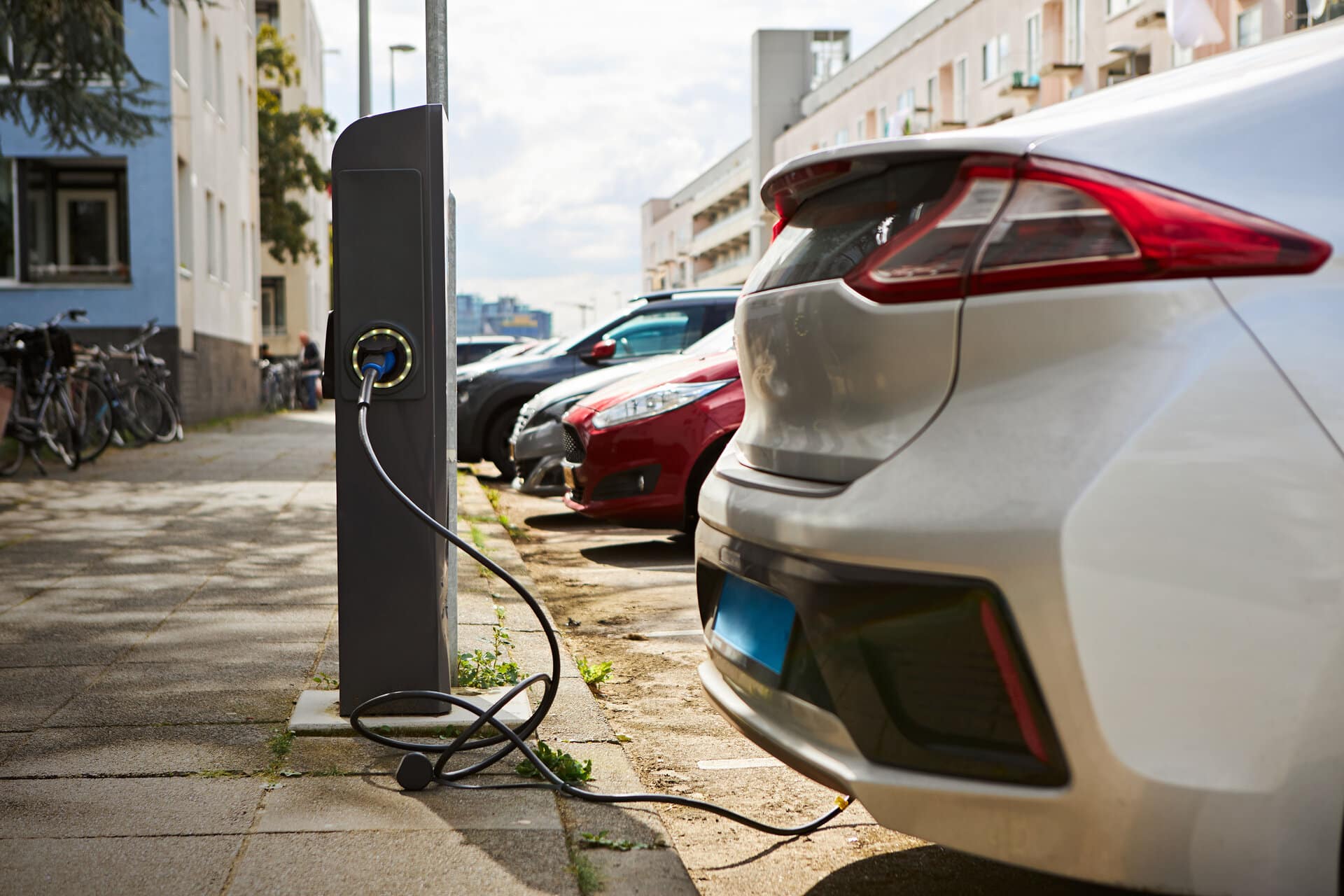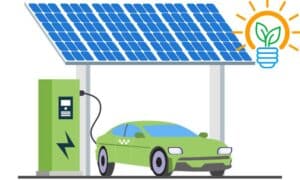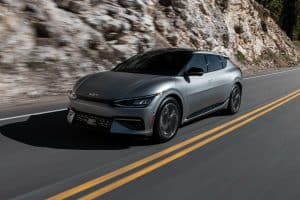Sales of electric vehicles (EVs) are exceeding expectations and are anticipated to do so by a third over the course of the following year. Because power companies and service stations are scrambling to keep up with demand, this rapid expansion is straining the nation’s charging infrastructure.
According to a business expert, setting up charging infrastructure can be done rather fast, but adding new, significant loads to the network is the largest issue.
EV drivers will experience difficulties while awaiting the addition of more charging stations, including blackspots in rural areas.
The issue with public chargers
In May, Reuters reported that Australians are starting to purchase EVs in large numbers. The development pushes the government to speed up the adoption of EVs, including the installation of EV chargers. However, industry executives say that the installation process of EV chargers to meet the growing demand won’t be easy.
Despite the growth in EV adoption, public charging infrastructure is still sparse. It could cause major delays and issues for mass EV take-up in Australia.
Compared to the global average, Australia has less than a third of the number of public chargers for every EV on the road. Issues, such as the lack of equipment, delays in plugging public chargers into the grid, and a shaky economy are a few of the main reasons behind the lack of public EV charger infrastructure across the country.
There is also the issue of public chargers being underpowered with 0.5 kW of public charging per EV against an average 2.4 kW worldwide.
Public EV chargers expansion is slow as operators encounter delays in grid connection. BP aims for around 300 chargers across its petrol stations in the country by the end of 2024.
To address the issue, NRMA Energy and Infrastructure will partner with the government to construct 135 charging sites across the national highway network over the next two to three years.
The Labor government has also launched a national EV strategy and doubled funding for cleaner transport.
Home charging, on the other hand, isn’t a problem in the country. Thanks to the abundant sunshine and the highest per capita uptake of rooftop solar globally.
Now is the right time to switch to solar energy. We recommend seeking at least 3 solar quotes to ensure that you are getting the best deal on road costs and selecting the right solar installer whom you can trust. With this, you can guarantee a solar system that meets your energy needs.
Doubts on vehicle emission standards
Another issue with the uptake of EVs in Australia is the weak standards in vehicle emission standards. So far, Australia is being left as a dumping ground for dirty cars that hinder the supply of new EVs.
The good news? There is new infrastructure being made to support the EV transition. The new standards also aim to encourage automakers to import enough clean cars which will lead to a wider range of EVs in the market.
Federal and state governments are working to fund rollouts to cope with the economics and EV charger installation. They have committed to implementing a fuel-efficient standard that will impose an overall CO2 limit on each car manufacturer based on the kinds of cars they sell.
The adoption of electric vehicles (EVs) in Australia is growing rapidly, but there are still a number of challenges that need to be addressed before EVs can become a mainstream form of transportation.
Despite these challenges, the future of EVs in Australia looks bright. The government is providing financial incentives to encourage people to buy EVs, and the number of public chargers is increasing. As the cost of EVs comes down, they will become more affordable for more people.
With continued investment in charging infrastructure and battery technology, EVs have the potential to revolutionise transportation in Australia. They can help to reduce air pollution, improve fuel efficiency, and create jobs in the clean energy sector.
Imagine the convenience of having your own charging station, allowing you to power up your EV whenever it’s convenient for you. You can contribute to a cleaner environment and combat climate change by installing an EV charger at your home or business. Energy Matters‘ trusted local installers are ready to provide you with a personalised quote tailored to your specific needs.
Don’t wait any longer; request your quote today and be part of the first EV: charging revolution!











































